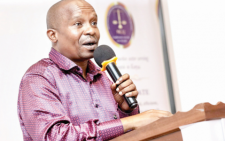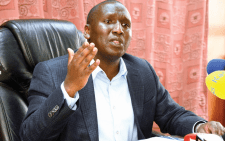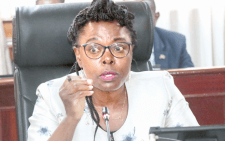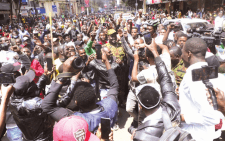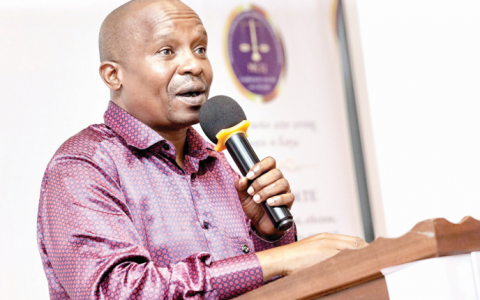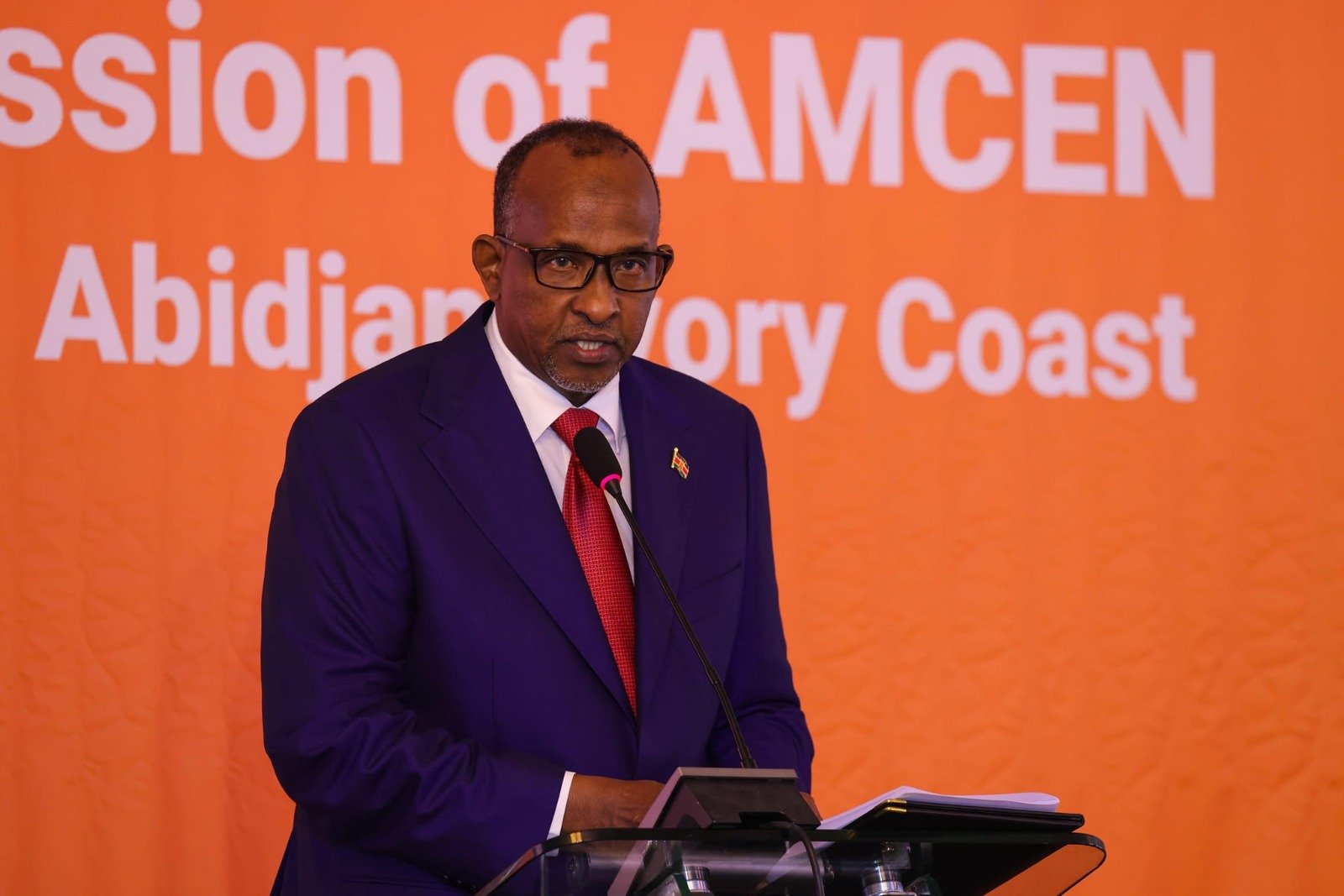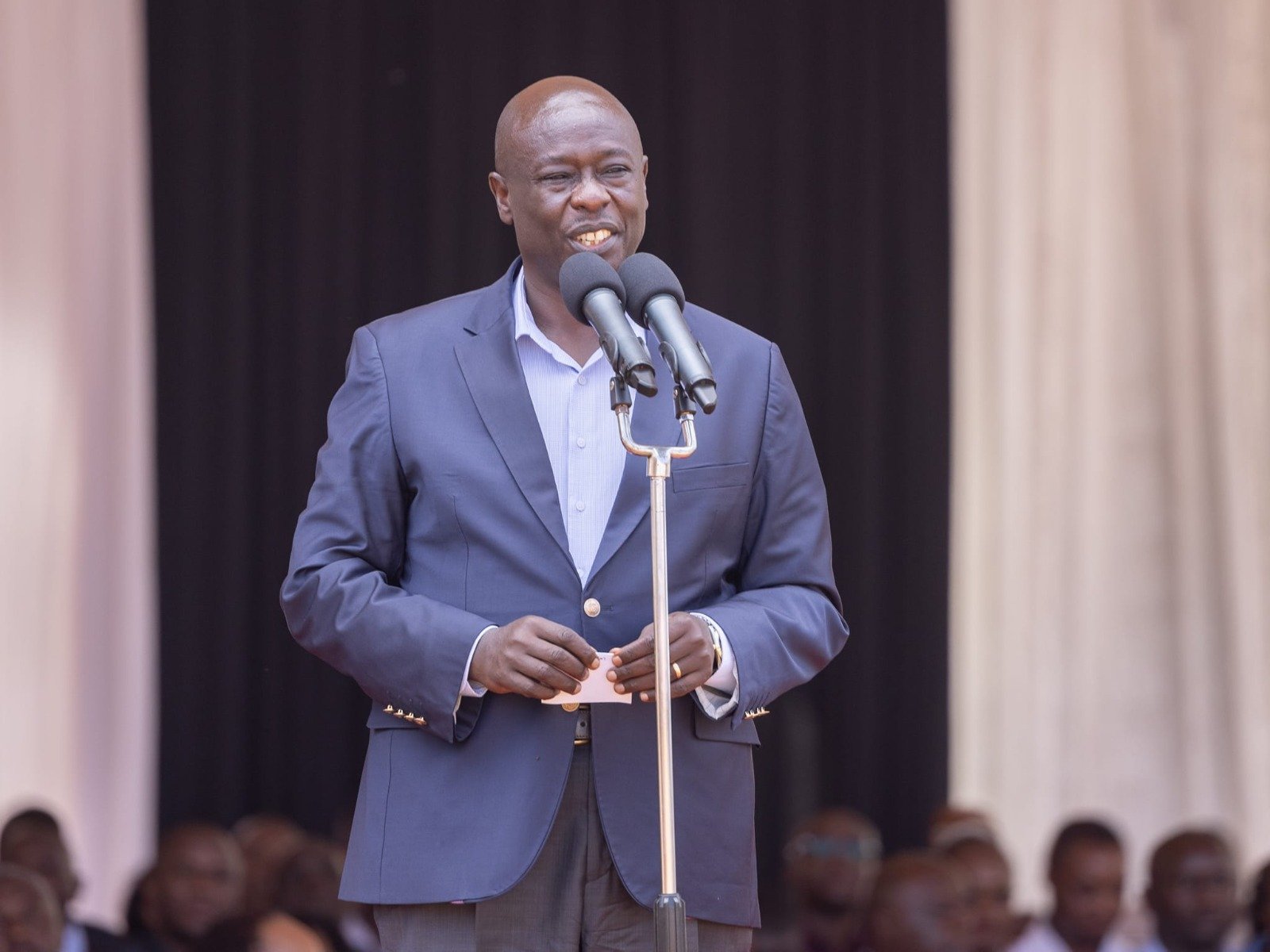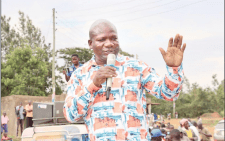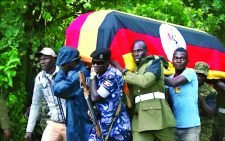It is now 500 days and counting since Sudan ran into armed conflict, leaving the country in dire humanitarian crisis as its citizens face starvation, diseases and death from gunshots.
The resilience of the Sudanese masses have been tested to its limits, dreams of the youth have been shattered, its once vibrant cities have been turned into ghost towns that are haunted by specters of violence and despair.
Violence in Sudan broke out on April 15, 2023 as a result of a long-standing power struggle pitting Sudanese Armed Forces (SAF) under its chief Abdel Fattah al-Burhan and Rapid Support Forces (RSF) led by Mohamed Hamdan Dagalo.
The two warring groups took advantage of the leadership vacuum created after former Sudan President Omar al-Bashir was ousted from power through public revolt.
Sudan was marred with protests against al-Bashir’s rule from December 2018 until April 2019 when the military eventually removed from office.
His attempt to declare a state of emergency in February 2019 to save the country from falling into anarchy was unsuccessful, leading to more protests.
Currently the entire nation is staring at a very bleak future as the whole world watches from afar.
Humanitarian crisis
Terming the situation in Sudan as the world’s worst humanitarian crisis, relief agencies have sounded the warning bell noting that the country is on the verge of ruining itself yet the world has been inactive about it.
“For 500 days, in the face of massive killings, rape, starvation, and destruction, the global community— the UN Security Council and especially the African Union and Intergovernmental Authority on Development—has chosen apathy instead of action,” said US Committee for Refugees and Immigrants (USCRI) President and CEO Eskinder Negash.
The agency estimates that nearly eight million people are internally displaced in Sudan, and over two million more fled across borders to seek refuge while another 24 million people are in need of humanitarian assistance.
“We are failing the people of Sudan,” said Negash. “The solemn mark of five hundred days is a stain on our global consciousness and must be a turning point. The time is now to ensure a sufficient and meaningful response.”
According to the agency, Sudan is now the largest child displacement crisis in the world, with over 4.6 million children displaced.
“Schools have come under fire—children killed and injured—with most schools forced to close and over 17 million children without access to education,” USCRI stated.
As armed clashes the violence escalates, USCRI warned that refugees from other countries who had fled to Sudan before the war broke out such as the Ethiopian refugees living in Gedaref state camps are threatened once again as violence encroaches on refugee camps.
“Repeated attacks on civilians have driven Sudan’s communities into despair. Sexual violence has been wielded as a weapon, targeting women and girls. This includes the rape of young children and an increasing number of babies born after rape being abandoned,” the agency said.
USCRI emphasized that attacks on medical facilities have rendered the country’s healthcare systems unable to respond to those wounded, sick, and in need of treatment at a critical time when there has been an outbreak of diseases and more people dying of malnutrition.
Additionally, despite the reopening of Adre crossing which has allowed for delivery of aid especially to famine stricken Darfur region, the agency accused the warring groups of restricting access to the areas.
Darfur region
With a dysfunctional health sector, Africa Centres for Disease Control and Prevention warn that Mpox – a viral infectious disease ravaging across countries in the Central and Horn of Africa, could worst hit Sudan.
Already the country is grappling with a cholera outbreak where at least 28 people are reported to have died as heavy rains continue to pound the country.
Assailants attacked the Southern Hospital in El-Fasher, one of Sudan’s densely populated areas in June, looting equipment and forcing patients and staff to flee.
“The hospital was looted and no longer functioning. Its closure will profoundly impact people’s access to life-saving medical care. The other health facilities in the city that are still functional are now stretched beyond capacity,” United Nations Office for the Coordination of Humanitarian Affairs (OCHA) Operations and Advocacy director Edem Wosornu said in her briefing to the UN security council last month.
Wosornu told the council that humanitarian workers are not being spared from the violence noting that six Sudan aid workers have been killed over the last six weeks, bringing the total number of aid workers killed to 24 since the war started.
Complications
She further appraised the UNSC with scarce supply of food, families are watching helplessly as children starve while women are dying of complications during pregnancy and childbirth.
“As we have warned this Council before, the countdown is real. We have just a few weeks to deliver lifesaving supplies before the rainy season starts and [road] conditions significantly worsen,” Wosornu said.
On his part International Criminal Court (ICC) Prosecutor Karim Khan urged the UNSC to move with speed to end the sufferings that have been inflicted on Sudanese by the violence that has been persistent for the last 16 months.
“There are many reports of rapes, crimes against children; persecution is on a mass scale affecting the most vulnerable civilians in Sudan. Terror, which has become a common occurrence, is not being felt by the people with guns and with weapons but by hungry people who are running away from it with nothing on them,” Karim said in his briefing.
He went on: “So many belligerents in Al Geneina, in El Fasher and across Sudan think they can get away with murder, they can get away with rape, they can get away with brutal acts. We need your (UNSC) help more than ever to make sure that this expectation of justice, of all human life mattering equally, is given some backing in substance.”
The International Organisation for Migration (IOM) reported last month that about 20,000 people are forced to flee their homes in Sudan each day where half of them are children of below 18 years who make 53 per cent of people displaced.
This new development, IOM said, highlights the vulnerability and immense challenges faced by the younger generation who are often the most affected by conflicts and displacement.
“We implore international leaders to rise to the moment, help us bring humanitarian aid to Sudan and use their influence to help bring peace. Millions of people are displaced, hungry and vulnerable to exploitation and abuse, but their plight is being ignored by too much of the world,” IOM Director General Amy Pope told the International Humanitarian Conference for Sudan and its Neighbours in Paris last month.
Under-funded response
IOM further states that the situation in Sudan is worsened by the critically underfunded humanitarian response with only a meager 5 per cent of the USD 2.7 billion (appro. Sh348b) seeking to reach 14.7 million people having been secured. This shortfall risks further deterioration of the humanitarian situation.
The global migration agency reported that the inflow of Sudanese refugees is putting a strain on infrastructure and public services of the host countries.
IOM data shows that the number of Sudanese refugees arrivals in the neighbouring countries include 730,550 in Chad, 629,902 in South Sudan, 514,827 in Egypt, 119,525 in Ethiopia, 29,444 in the Central Africa Republic, and 7,620 in Libya.
As the continent gears up to install a new African Union Commission (AU) chairperson after a vote slated for February 2025, Kenya’s candidate for the position Raila Odinga emphasized that calling for peace in war-torn regions will be among his priorities.
“We will work to ensure that guns are silent so that we can be able to have a peaceful development,” Raila said during the launch of his bid last week.
While endorsing his candidature, Tanzania President Samia Suluhu who was among the dignitaries attending the event said that it is incumbent on African countries to ensure that the AU remains firmly united and able to meet its obligations..
“A number of aspects must be addressed including completing the institutional reforms aimed at enhancing accountability. Related to this is strengthening the union’s capacity to silence the guns on our continent,” President Suluhu said.
Suluhu, who served as the AU Peace and Security Council (PSC) Chairperson for May 2024, highlighted the need to prioritise conflict prevention by re-energising AU preventive diplomacy, early action, and strengthening conflict prevention mechanisms, including mediation, dialogue and reconciliation processes.



